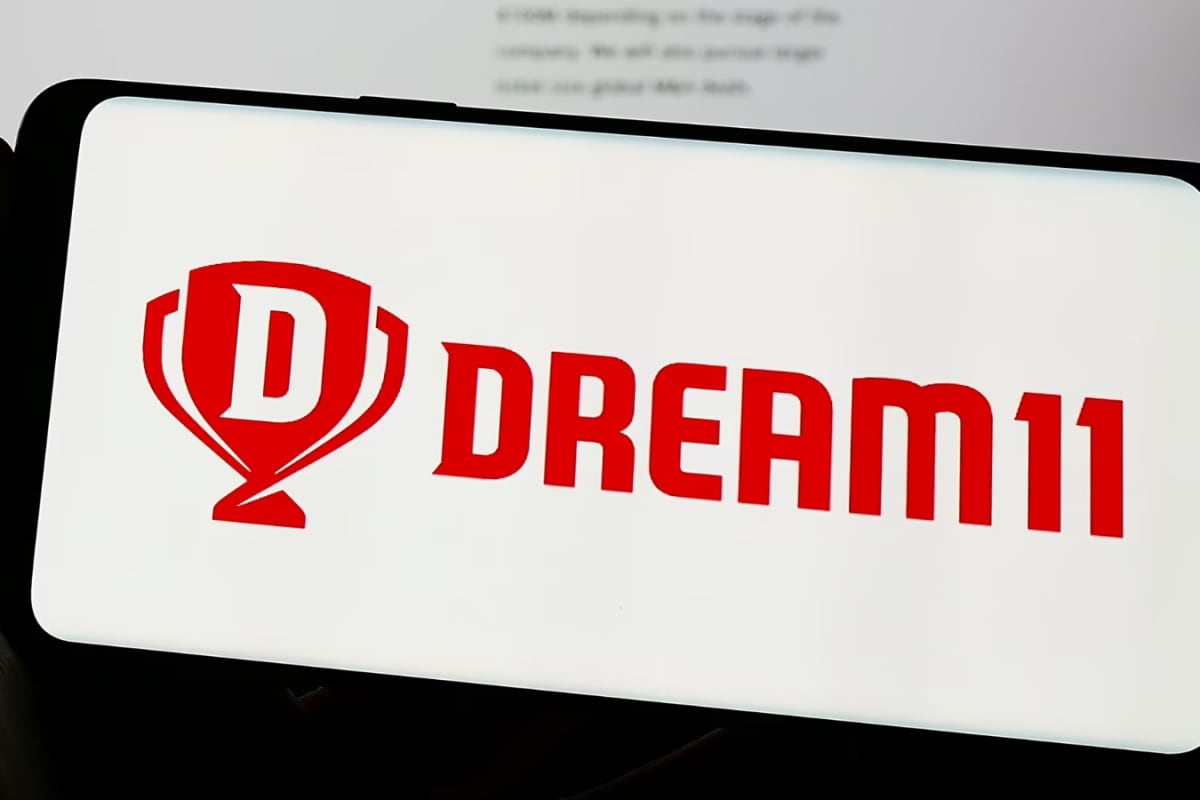

The Indian online real money gaming (RMG) industry is facing a major upheaval after the government imposed a blanket ban on RMG through the passage of the Promotion and Regulation of Online Money Gaming Bill, 2025. This decision has sent shockwaves through the industry, with Dream11, one of the country's largest fantasy sports platforms, facing a significant impact, with nearly 95% of its revenues wiped out.
In the face of this crisis, Harsh Jain, Co-founder and CEO of Dream Sports, the parent company of Dream11, has asserted that the company will not resort to job cuts. Jain emphasized that talent is the company's most important asset and that layoffs would be a last resort, even suggesting that the company would consider shutting down before laying off employees. Instead, Dream11 plans to redeploy its workforce to new initiatives and scale its existing portfolio.
Dream11 is planning to shift its focus to other areas, including sports and AI, and scale its existing portfolio. Over 500 engineers, previously focused on maintaining existing RMG systems, will now be redirected toward building for the future — AI-driven innovations in sports content, commerce, merchandising, and fan experiences. The company will also explore how much it can generate from advertising and sponsorships under a free-to-play (F2P) model, and take the game global to find its true ceiling.
Jain has outlined a vision for "Dream11 3.0," marking a new phase for the company. Dream11 1.0 (2008-2012) was non-RMG, while Dream11 2.0 (2012-2025) was RMG-based. The company will now focus on making fantasy sports more engaging and finding a sustainable business model, potentially taking it global.
While Dream11 will not legally challenge the RMG ban, Jain expressed his wish that regulations had been implemented instead of an outright ban. He pointed to Tamil Nadu's regulations with KYC, player limits, and time limits as an example of addressing concerns while ensuring government tax revenues and keeping the black market out. Jain believes similar regulations implemented nationally would have been preferable to a ban.
The company is prepared to cut marketing, advertising, and partnership spends to manage expenses. Dream11 has had a decade-long relationship with the Board of Control for Cricket in India (BCCI), and the company will work out a mutually beneficial way forward regarding their partnership.
The RMG ban has broader implications for the Indian gaming industry, which industry associations estimate had supported over two lakh jobs. The ban could lead to widespread job losses and the closure of numerous firms. The All India Gaming Federation (AIGF) warned that the ban could hurt millions of players and push them toward unsafe and illegal gaming sites.
The government's decision to ban RMG aims to block offshore betting companies and protect citizens from financial harm and social distress. However, experts argue that the RMG sector contributes significantly to the economy in direct and indirect taxes.
Dream11's response to the RMG ban demonstrates a commitment to its employees and a willingness to adapt to the changing landscape. By focusing on new initiatives, leveraging its existing portfolio, and exploring global opportunities, the company hopes to navigate this challenging period and continue to thrive.